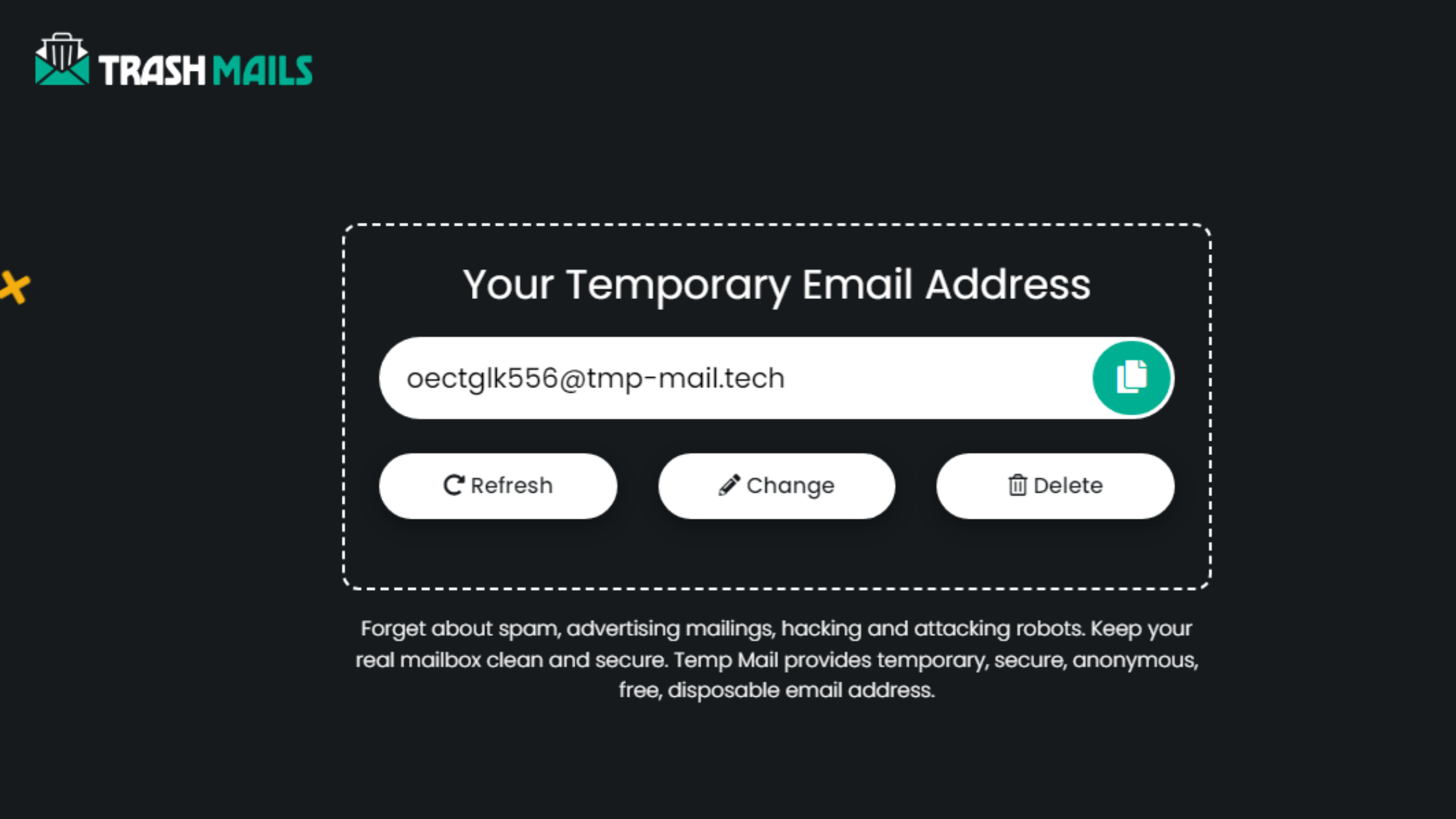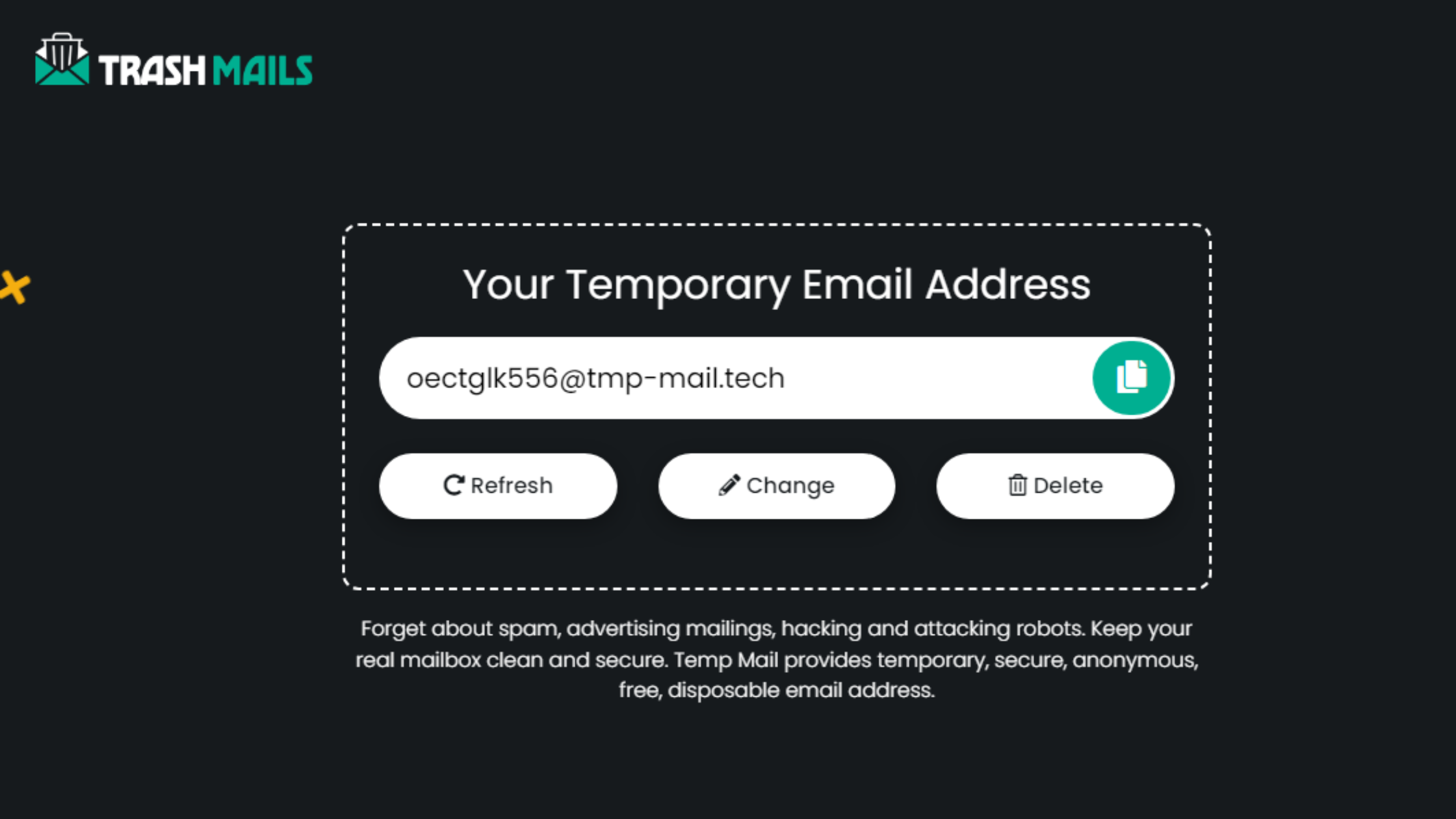In today’s hyper-connected digital world, protecting our online privacy has never been more crucial. From government agencies tracking your movements to companies collecting your data for targeted ads, the reality of data privacy and security is that it’s often under threat. But don’t worry – there are plenty of tools and strategies to keep your online identity hidden and secure. In this article, we’ll walk you through the proven ways to safeguard your online privacy in 2024.
Why is Online Privacy Important?
We often leave digital footprints behind every time we browse, shop, or share online. But why does this matter? Well, these footprints are pieces of personal data that could be used in unintended ways, such as:
- Targeting you with intrusive ads.
- Manipulating your online experience.
- Even denying you opportunities, such as loans or jobs.
If you’re serious about staying secure in 2024, here are some practical and effective ways to protect your online privacy and keep control of your personal information.
1. Use a VPN for Anonymous Browsing
When it comes to online privacy protection, using a Virtual Private Network (VPN) is one of the most effective solutions. A VPN encrypts your internet connection and routes it through a secure server, masking your IP address.
Benefits of Using a VPN:
- Hide your real IP address: This prevents websites from knowing your location and identity.
- Encrypt your data: This ensures that any data you send over the internet cannot be easily intercepted.
- Access geo-restricted content: Browse freely without regional blocks.
A good VPN will ensure your data privacy whether you’re on public Wi-Fi or at home. Free VPN services like Privatix.com are a starting point, but premium VPNs provide even stronger protection and features.
2. Switch to Privacy-Focused Search Engines
Google may be the most popular search engine, but it logs your search history, creating a detailed profile of your activities. Consider switching to privacy-focused alternatives like DuckDuckGo, which doesn’t track or store your search queries.
Top Privacy Search Engines:
- DuckDuckGo – Does not track user information.
- StartPage – Provides Google search results without logging personal data.
- Qwant – Focuses on providing unbiased search results while respecting your data privacy.
By switching to one of these privacy tools, you can protect your online privacy while still enjoying efficient search results.
3. Strengthen Your Browser Settings
Your web browser can be a gateway to data leaks if not configured properly. Adjusting your browser settings can significantly improve your data privacy.
Browser Privacy Tips:
- Block third-party cookies: These track your online behavior across multiple sites.
- Disable tracking scripts: Use browser extensions like uBlock Origin or Privacy Badger to block tracking scripts.
- Enable “Do Not Track”: This tells websites you prefer not to be tracked, though not all sites will honor this request.
By implementing these tweaks, you make it harder for websites to collect your information and track your online behavior.
4. Use Encrypted Messaging Apps
Standard SMS and even some social media messaging apps don’t provide sufficient privacy. To protect your communications, switch to apps that offer end-to-end encryption, ensuring only the intended recipient can read your messages.
Recommended Encrypted Messaging Apps:
- Signal – A top choice for secure communication with full data privacy and security.
- WhatsApp – Widely used, offering encryption, though owned by Meta, which may raise concerns for some.
- Telegram – Offers encrypted chats, although not all conversations are encrypted by default.
These apps are crucial privacy tools in the age of mass surveillance.
5. Secure Your Emails with Disposable Addresses
Emails are often a weak link when it comes to online privacy. Using your primary email address for all online accounts exposes you to spam, phishing, and data breaches. Instead, use disposable email services like Temp Mail, which provide temporary addresses for signing up to websites without compromising your online privacy.
Benefits of Using Disposable Email:
- Avoid spam: By using temporary emails for sign-ups.
- Improve anonymity: Protect your main email from exposure.
This simple step can greatly enhance your data privacy and security when interacting online.
6. Keep Your Devices Secure with Regular Updates
Hackers constantly look for vulnerabilities in outdated software. By keeping your devices updated, you’re ensuring that security patches are installed, protecting you from exploits.
Key Security Practices:
- Enable automatic updates: This way, you won’t miss critical patches.
- Use antivirus software: A reliable antivirus adds another layer of protection.
- Regularly change your passwords: Ensure your accounts are protected with strong, unique passwords.
By securing your devices, you reduce the likelihood of cyberattacks and increase your online privacy protection.
7. Manage Your Social Media Privacy Settings
Social media platforms are notorious for collecting vast amounts of personal data. To protect your online privacy, it’s crucial to adjust your privacy settings on platforms like Facebook, Instagram, and Twitter.
How to Protect Your Social Media Accounts:
- Limit who can see your posts: Set your profiles to private.
- Disable location sharing: Avoid broadcasting your whereabouts.
- Review app permissions: Regularly check which apps have access to your social media accounts.
By doing this, you can regain control over your online privacy and stop unnecessary data collection.
Conclusion: Stay Private, Stay Protected
As we continue to navigate the digital age, protecting your online privacy is more important than ever. From using VPNs to privacy-focused search engines and encrypted messaging apps, there are numerous ways to keep your data privacy intact. The steps outlined above will not only help you protect your identity but also give you peace of mind knowing that your personal information is secure.




